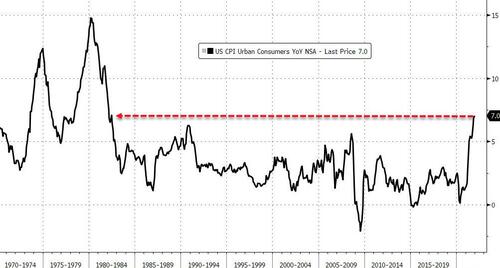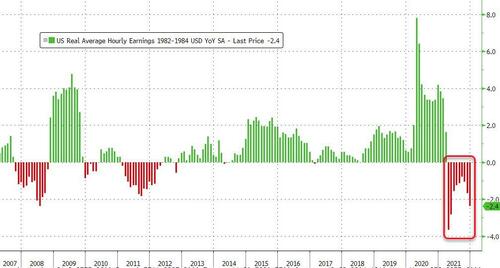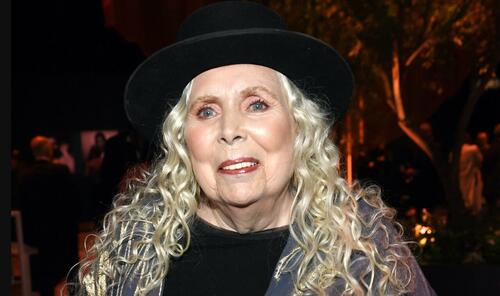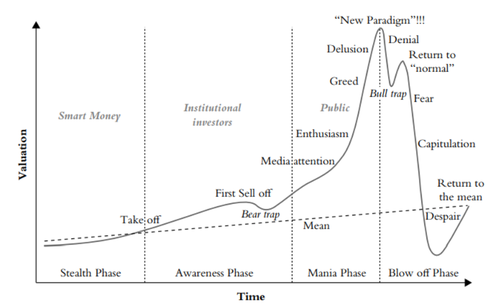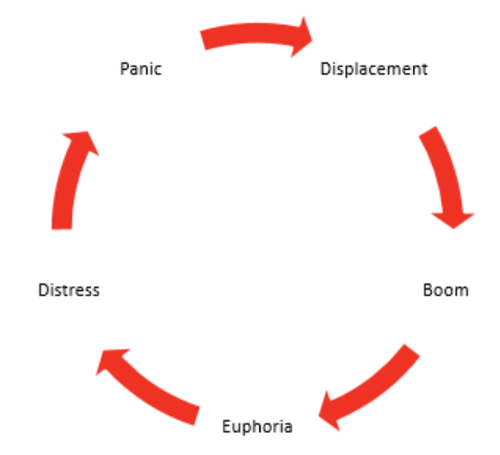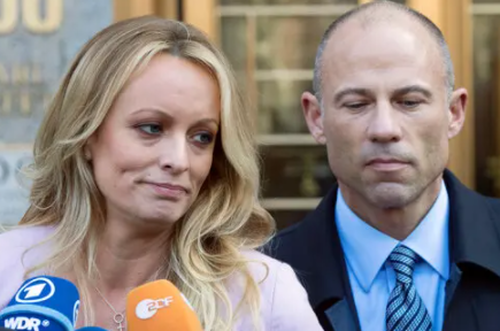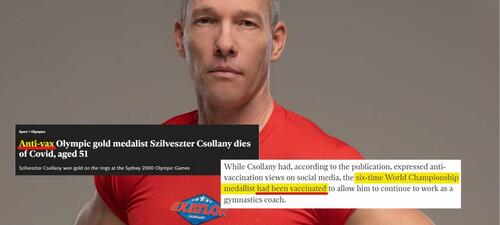US Consumers Will Push Back On High Food Prices, Mondelez CEO Says
America’s top snack company, Mondelez International, told Bloomberg TV Friday that consumers will begin to push back on rising food prices as the economy reopens.
Dirk Van de Put, chief executive officer of snack company Mondelez, said consumers had tolerated price increases made by the company, but that could soon change as their more stationary lifestyles revert to more active ones.
Snacks sold by Mondelez have been subjected to price increases in the last two years as snarled supply chains, rising commodity prices, and soaring labor costs forced the company to increase prices. Also, pandemic demand created shortages for some snacks, driving prices even higher.
Consumers are now out of the house and heading to bars, restaurants, malls, and other shopping areas. Van de Put explained:
“I assume as the consumer will change and we get out of the pandemic and they start to spend more on other items, and they start to eat out more and so on, that that’s where the moment comes that they might not be so benign as it relates to the price elasticity,” Van de Put said.
In other words, Mondelez has spotted a significant challenge: food inflation could cause some consumers to stop purchasing their snacks as they eat at restaurants and bars.
Mondelez reported fourth-quarter adjusted earnings that missed Wall Street’s estimates, sending shares down 3% to $65.50 around 1300 ET. The pandemic rise in share prices was due to the stationary lifestyles of consumers as public health officials ordered lockdowns and corporations forced employees to work from home. There were also restrictions on eateries that limited indoor capacity.
Robert Finkel, managing director of equity trading at Stifel Financial Corp who specializes in the consumer sector, expects the upcoming Consumer Analyst Group of New York (CAGNY) Conference next month “will have a common theme as management teams of America’s top food companies will try to strike a delicate balance between keeping up with inflation, not destroying margins and not turning off their consumers.”
During CAGNY, which runs between Feb. 22-25, Finkel said management teams would be talking about inflation, margins, and pricing.
And Mondelez is not the only food producer running into a possible demand wall due to soaring prices and consumer shifts. Kraft-Heinz (in which Warren Buffett’s Berkshire Hathaway owns a big stake) is set to raise prices in March on dozens of its most popular products. The hikes will affect brands including Oscar Mayer cold cuts, hot dogs, sausages, bacon, Velveeta cheese, Maxwell House coffee, TGIF frozen chicken wings, Kool-Aid and Capri Sun.
The question now is how much of these price hikes can consumers afford?
According to the most recent CPI data release, headline consumer prices surged 7% in December, which was the strongest level in nearly 40 years. Food prices alone rose 0.5% MoM.
And don’t fall for the bullshit that wages are rising and that’s a good thing. Real wages have shrunk for 9 straight months…
The result of all of this is that smaller supermarkets with less pricing power will get crushed, such as the Krogers of the world who’ve been slapped with two downgrades. They’re facing a double edge sword to either passing along costs that would decline foot traffic or face margin compression. The Walmarts of the world have more playing room.
Tyler Durden
Sat, 01/29/2022 – 14:00
via ZeroHedge News https://ift.tt/gstJdKPCS Tyler Durden

